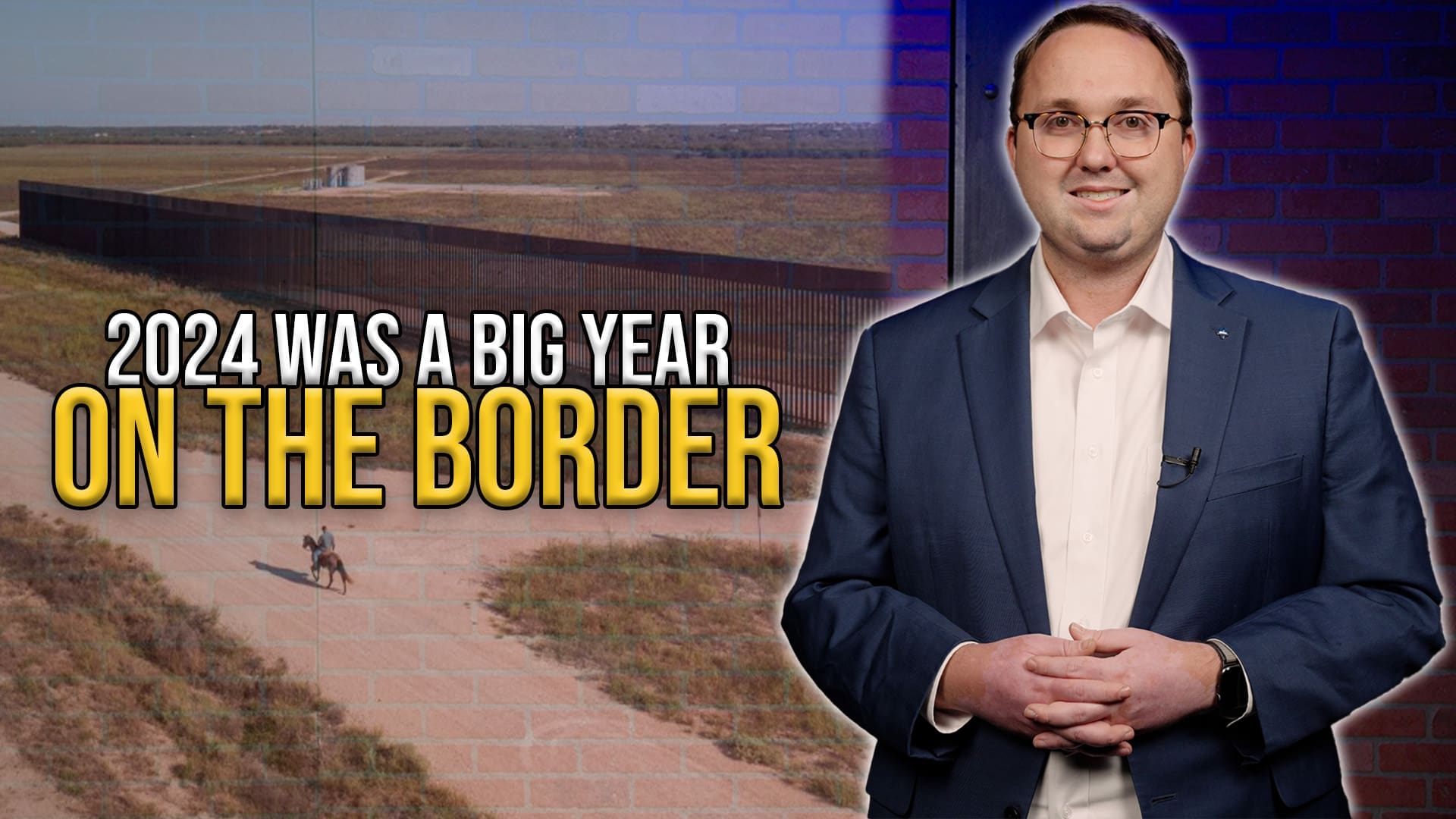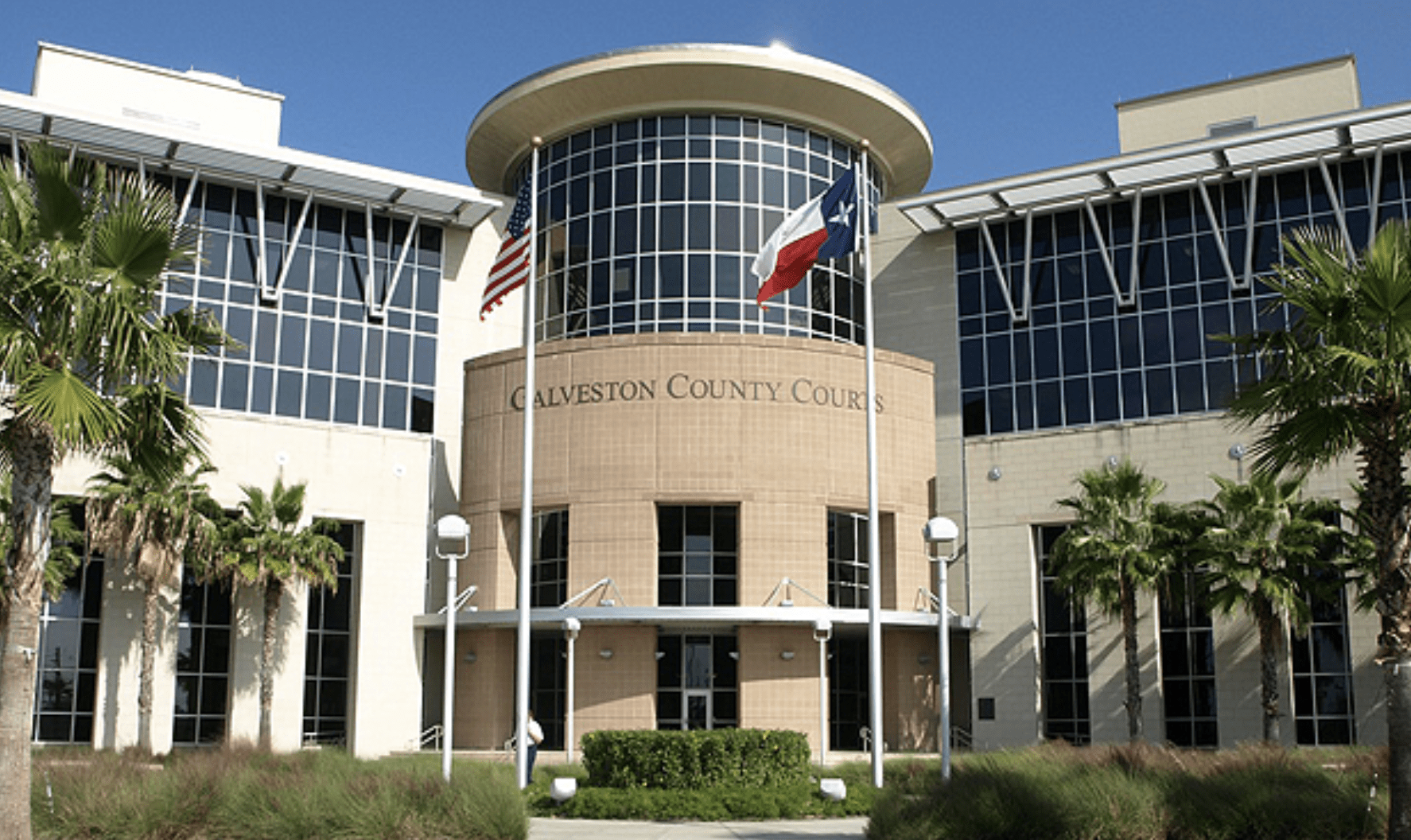Yesterday’s Texas Transportation Commission (TTC) meeting witnessed a marked departure from usual state transportation policy: actually funding urgently needed improvements to state roads. Although this might be a victory for taxpayers, the commission’s action has dark implications for future state transportation policy.
In its monthly meeting yesterday, TTC Chairman Ted Houghton declared that changes would be made to many of the yet unfunded projects in the Unified Transportation Program (UTP)—the agency’s preliminary project approval document. The Commission is directing staff to examine the UTP for uncommitted projects from which to divert funding to maintenance needs in the state’s energy production sectors.
You may recall our reports on how the UTP was stuffed full of non-road related waste at the last minute for no discernable reason and without any public input.
Like any other pile of refuse, these parts of the plan drew plenty of grateful scavengers. Lobbyists and bureaucrats representing the beneficiaries of TxDOT’s transit project profligacies were quick to praise the agency for the cash infusions to their pet projects at its August meeting in Dallas.
One of the biggest winners was a $97 million grant to Camino Real RMA for less than 6 miles of street trolley planned for downtown El Paso despite a severe lack of public involvement in the decision.
All-told, the UTP contained nearly $300 million in transit funding that did not exist before being quietly inserted—without public hearings or other notice—during a June meeting to introduce revisions to the document.
Houghton began his announcement lamenting the criticism the agency recently received for complete lack of clear public process or justifiable purpose in doling-out funds through the UTP as well as other well-documented agency missteps.
If left the choice, Texas taxpayers would probably like to see funding for high-profile transit boondoggles liquidated first. Unfortunately, these funding decisions aren’t up to taxpayers, they’re up to the commission, by way of the agency.
The agency is expected to release a listing of UTP projects selected for the chopping block before the commission’s next monthly meeting in October.
TxDOT’s lack of transparency means that drivers will be left to speculate whether projects in their area removed from the UTP are omitted for purely political reasons.
Given the questionably political impetus of some agency actions, look for the biggest losers to be citizens in the jurisdictions of lawmakers or public officials who have opposed or even questioned any aspect of the TxDOT’s operations. The dark side of this move is the fact that without any objective measures for project evaluation and the agency’s recent past, one could assume the worst.
Fortunately, Texans will have a choice this Fall in whether or not the agency deserves more money through Proposition 1. Taxpayers deserve a transportation agency that is transparent, accountable, and able to serve the drivers of Texas, free from heavy-handed political manipulation by its leadership.




